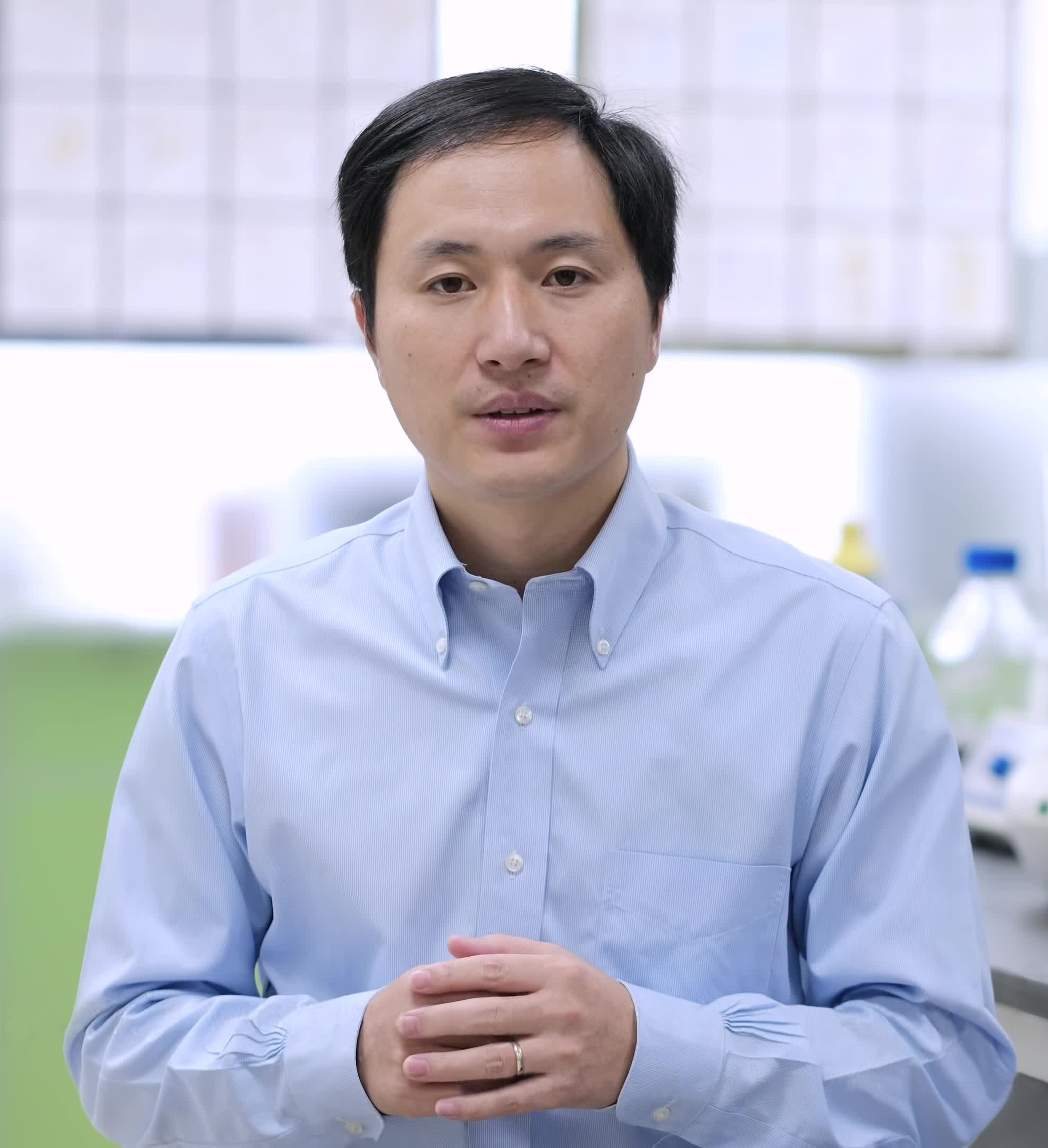Does Gene Editing Have a Future in Reproductive Medicine?
By Eben Kirksey,
The New York Times
| 03. 04. 2023
Since James Watson and Francis Crick first described the structure of the DNA double helix, scientists have debated the potential for creating genetically modified babies. In 2018, a Chinese scientist named He Jiankui announced he had actually done it: He used a gene editing tool called CRISPR to edit the embryos of twin girls in hopes of making them resistant to H.I.V.
China’s laws governing reproductive medicine and gene editing were ill defined at the time. But outrage among scientists and the public led to Dr. He being sentenced to prison for three years on charges of “illegal medical practice,” under a broad statute, and denounced as pursuing “personal fame and profit.” China has since tightened its laws governing gene editing and fertility medicine. Dr. He moved too quickly, and failed to demonstrate that he actually protected the twins from H.I.V. Governments and the scientific community should develop clear legal frameworks to prevent rogue scientists from following in his footsteps.
I wrote a book about Dr. He’s experiment, and I’ve been speaking with him regularly since he was released...
Related Articles
By Diaa Hadid and Shweta Desai, NPR | 01.29.2026
MUMBRA, India — The afternoon sun shines on the woman in a commuter-town café, highlighting her almond-shaped eyes and pale skin, a look often sought after by couples who need an egg to have a baby.
"I have good eggs,"...
By George Janes, BioNews | 01.12.2026
A heart attack patient has become the first person to be treated in a clinical trial of an experimental gene therapy, which aims to strengthen blood vessels after coronary bypass surgery.
Coronary artery bypass surgery is performed to treat...
By Staff, ScienceDaily | 01.05.2026
Scientists at UNSW Sydney have developed a new form of CRISPR technology that could make gene therapy safer while also resolving a decades-long debate about how genes are switched off. The research shows that small chemical markers attached to DNA
...
Following a long-standing CGS tradition, we present a selection of our favorite Biopolitical Times posts of the past year.
In 2025, we published up to four posts every month, written by 12 authors (staff, consultants and allies), some in collaboration and one simply credited to CGS.
These titles are presented in chronological order, except for three In Memoriam notices, which follow. Many more posts that are worth your time can be found in the archive. Scroll down and “VIEW...




